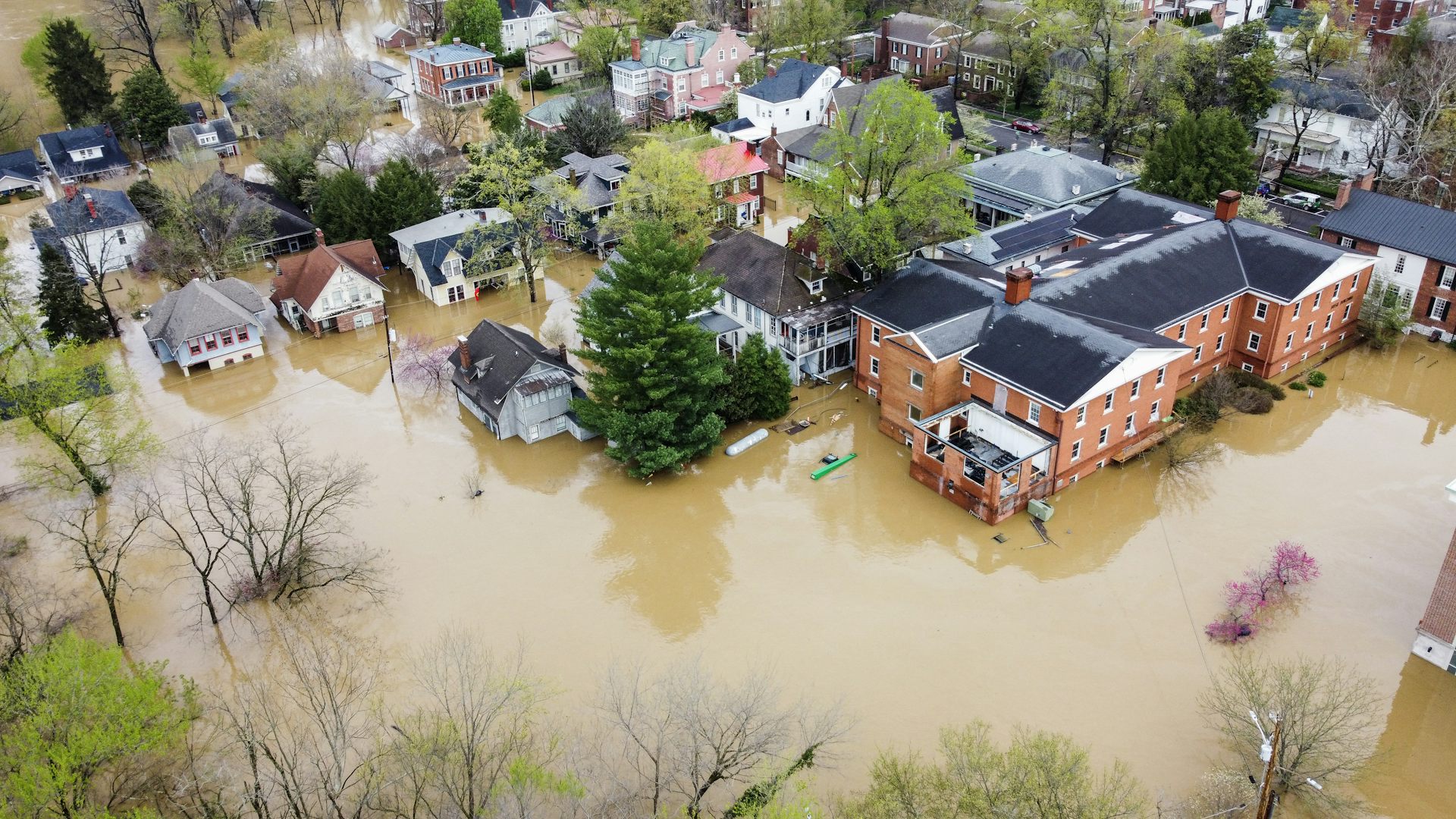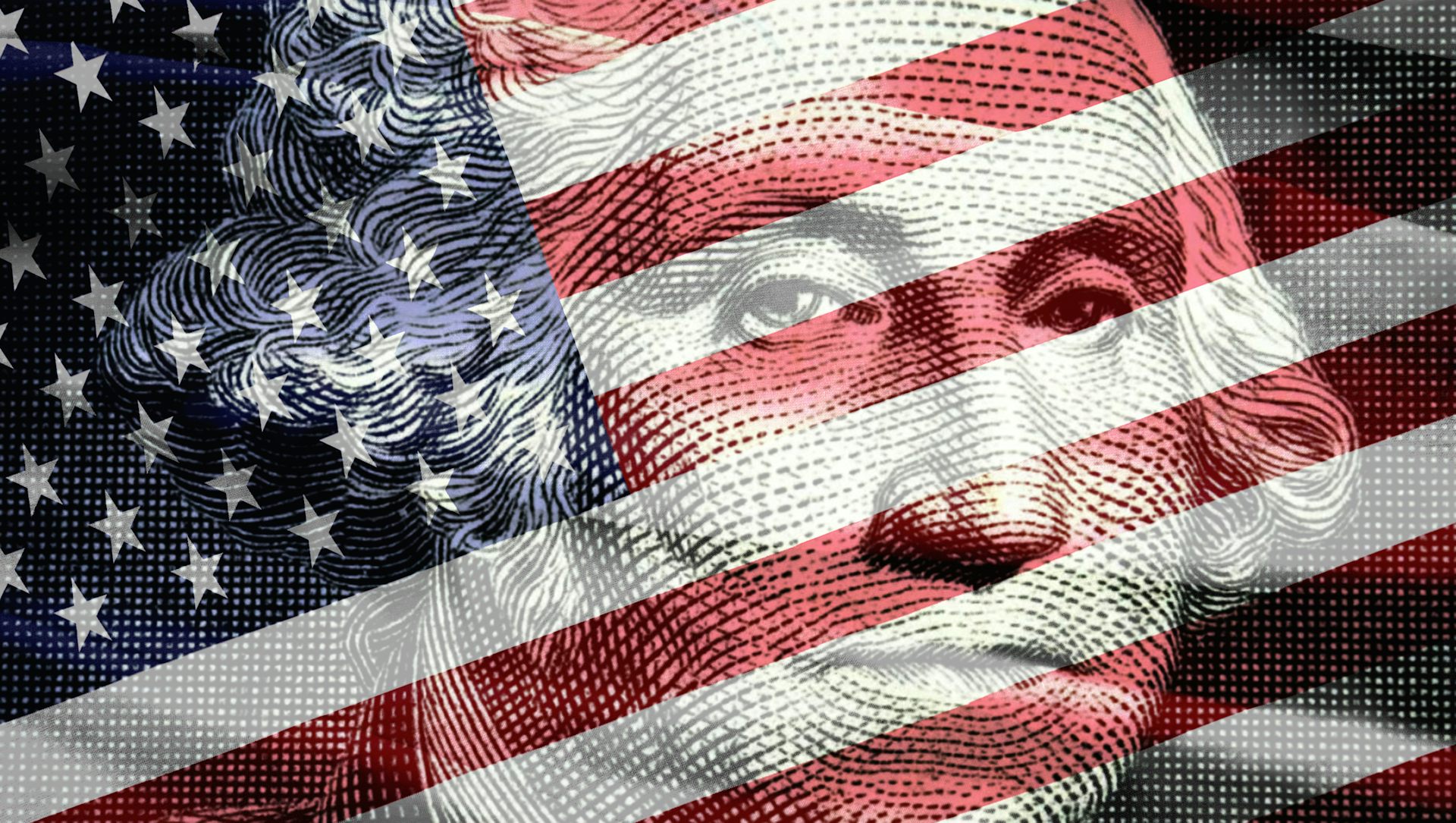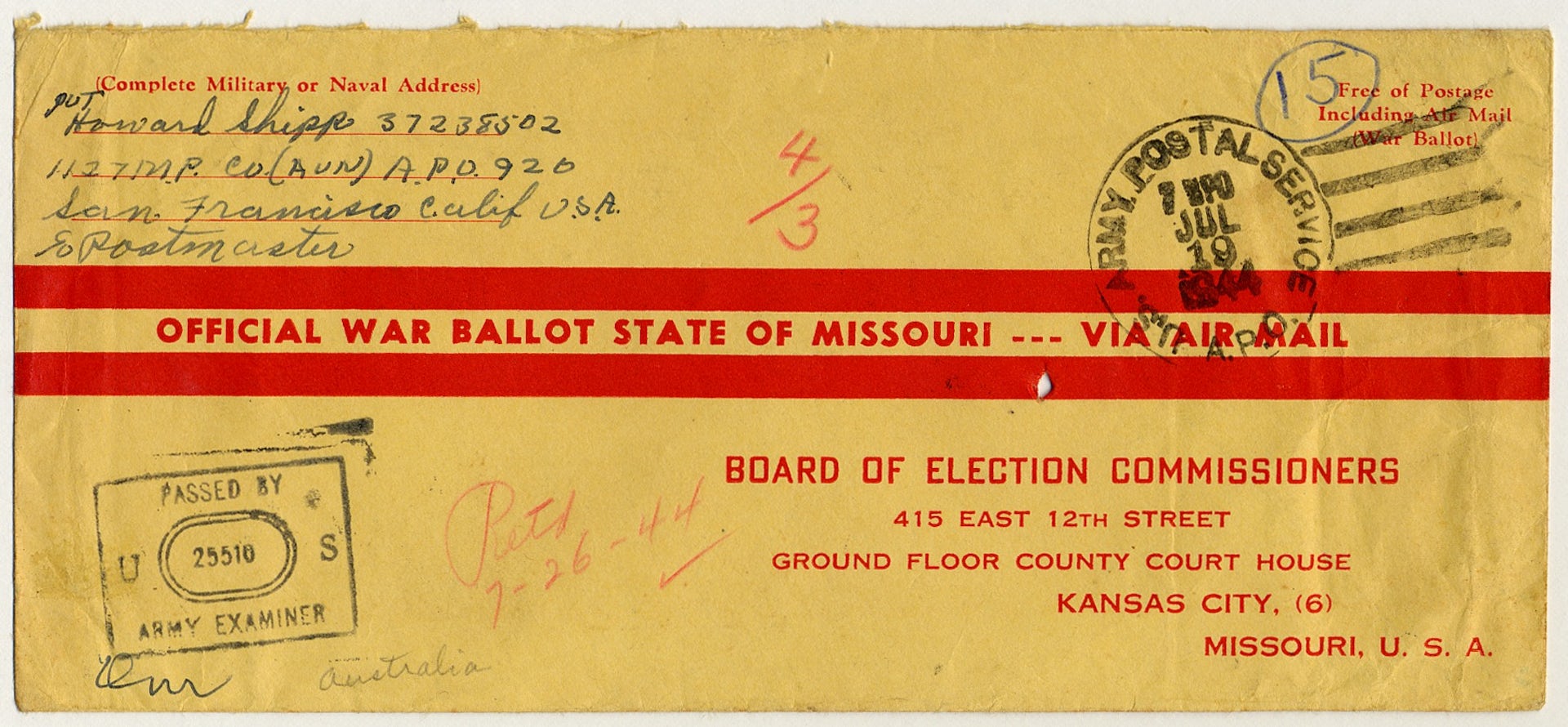Biden faces the world: 5 foreign policy experts explain US priorities – and problems – after Trump
Biden wants to restore US global leadership after four years of Trump's isolationism and antagonism. These are some of the challenges and opportunities he'll face, from China to Latin America.
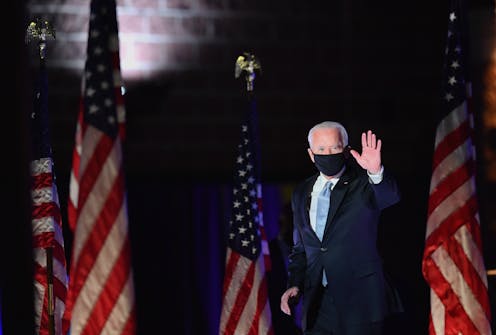
Editor’s note: President Joe Biden inherits from Donald Trump a United States that was simultaneously isolated from the rest of the world and openly hostile toward parts of it. Biden – an internationally minded leader who has longstanding relationships with world leaders – has already begun to rejoin treaties and alliances abandoned by Trump.
Dire domestic crises will keep Biden’s attention focused on home, at least early in his administration, but he says the U.S. is “ready to lead the world.” Here, experts assess the state of American relations with a world left skeptical of American leadership.
Latin America
Jennifer M. Piscopo, Occidental College
Latin America’s faith in U.S. leadership, once buoyed by Obama’s cooperative and collaborative approach, declined under Trump.
The Trump administration ignored authoritarian behavior across the region – except in leftist Venezuela, Nicaragua and Cuba, where it levied sanctions and even threatened military intervention. Many saw those punishments, which evoke the United States’ history of interference in Latin America’s domestic affairs, as aimed more at winning anti-Communist emigré votes in Florida than helping citizens of those nations.
Nor did tightening the U.S.-Mexico border aid the region’s interests.
Trump made immigration harder while cutting foreign aid to Guatemala, El Salvador and Honduras – none of which addressed the reasons people kept leaving Central America. Migrants were forced to wait out their U.S. asylum process in Mexico, leading refugee camps to pop up along the border. In the United States, asylum-seeking children were separated from their parents. Shoddy paperwork has so far made reunification impossible for several hundred families.
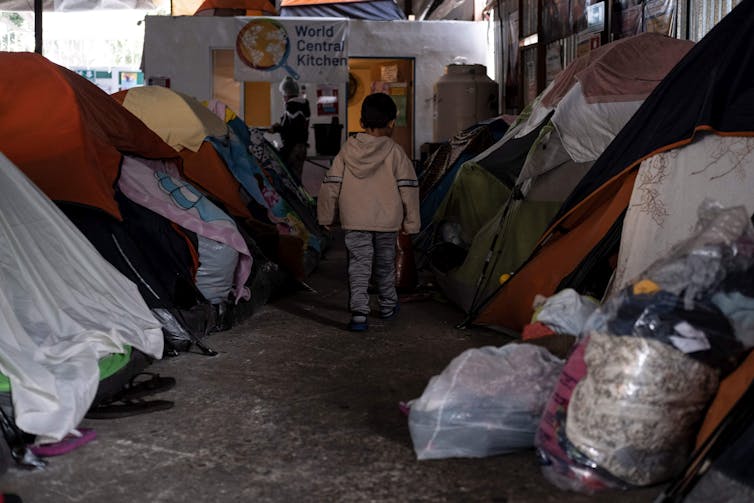
As Trump limited U.S. involvement and economic support in Latin America, China stepped up its own. Chinese money pays for the region’s mines, energy projects, telecommunications, agriculture, manufacturing, infrastructure, ports and, most recently, access to the coronavirus vaccine. The U.S. remains Mexico’s largest trading partner, but for the rest of Latin America, the honor goes to China.
Biden is expected to reinstate the humanitarian support Trump cut. And unlike Chinese foreign investment, U.S. money comes with conditions that enhance democracy like fighting corruption or keeping elections free and fair.
Still, enthusiasm for democracy in Latin America is waning. Support for democratic governance dropped from about 64% in the mid-2010s to 57% in 2019, according to polling by Vanderbilt University. From Brazilian President Jair Bolsonaro – dubbed the “tropical Trump” – to hard-line leaders in El Salvador and Colombia, the Americas feel the allure of strong-man politics.
Africa
Julius Amin, University of Dayton
China is the United States’ main competitor in Africa, too.
China has forged strong economic and political ties with the continent, holding summits with African leaders and providing significant development assistance, including to Ethiopia, South Africa and Nigeria. In exchange for investment, it has exploited Africa’s enormous resources: oil, coffee, rubber, palm oil, diamonds, gold, uranium.
Trump often acted as if Africa was irrelevant, even crudely insulting the region. His rejection of the Paris Climate Agreement and membership in the World Health Organization translated into significant loss of money destined to help African countries. So did his slashing of foreign aid. Trump was the first U.S. president this century not to visit Africa.
But Africa plays an important role in the global war against jihadism and it has both young democracies and old autocracies – all strategic U.S. interests.
Biden can still reverse Africa’s drift toward China. Though promises made at the Obama administration’s 2014 U.S.-Africa summit, which Biden participated in as vice president, were not fulfilled, African leaders overwhelmingly welcomed Biden’s victory in November.
Appointing experienced foreign policy staff to cover the region would build on that momentum. And since a large number of State Department professionals began their foreign service careers as Peace Corps volunteers in Africa, Biden has a rich talent pool to choose from.
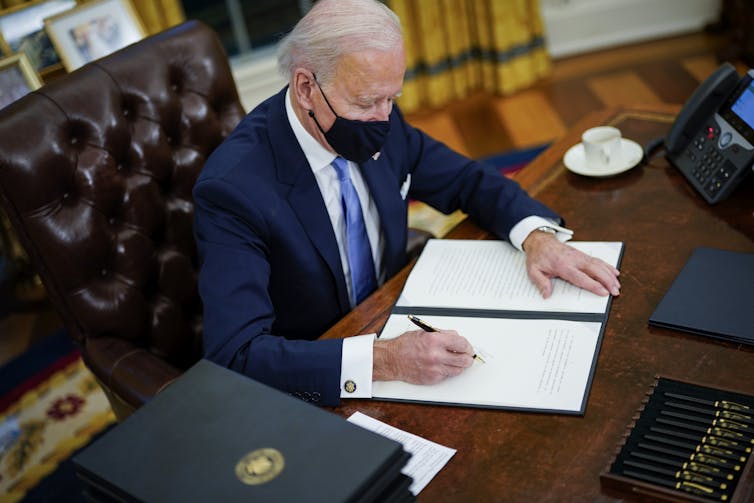
China
Joyce Mao, Middlebury
With China, Biden inherits the same challenges Trump faced and failed to resolve, from a massive trade deficit to Chinese misappropriation of American intellectual property.
Then there is the South China Sea, where China’s territorial claims to strategic islands threaten U.S. access to natural resources and to shipping routes. Over the past decade the U.S. has used both military resources and heated rhetoric to counter Chinese maneuvers there, as have Southeast Asian countries like the Philippines. But the South China Sea remains a contentious issue.
Biden has promised to “fight like hell” to defend America’s global standing against China’s growing power, using more collaborative rhetoric than Trump. But the new president has not yet signaled a new grand strategy that will ensure consistency, let alone the primacy of American interests.
Europe
Garret Martin, American University
Following four tumultuous years under Donald Trump, the Biden administration wants to repair fractured U.S. relations with the European Union, and fast.
Immediately after taking office, Biden rejoined the Paris climate accords and World Health Organization, endearing him to European allies. Unlike Trump, he deeply respects NATO, a decades-old transatlantic security partnership Biden has called the “single most significant military alliance in the world.” America’s European partners will also welcome a return to more predictable relations with the U.S. under Biden and an end to diplomacy by tweets.
But changes in tone and style will not necessarily change the substance of America’s transatlantic partnership. For all the focus on Trump, the European Union and U.S. still disagree on key matters, such as data privacy, how to deal with China and to what extent Europe can tax American tech giants.
Europeans remain wary of the United States’ profound polarization. Is it worth investing time in negotiating long-term deals with a country whose policies swing so dramatically from one administration to the next?
Middle East and South Asia
Muqtedar Khan, University of Delaware
Beyond the ongoing Israel-Palestinian conflict, Biden faces two Mideast problems that deteriorated during the Trump administration’s idiosyncratic watch.
The first is an emerging tension between Arab nations and the non-Arab nations. Iran and Turkey are challenging two of America’s Arab allies, Saudi Arabia and Egypt, for political and military domination of the region.
Trump tried military might and punishment to control Iran, exiting the international Iran nuclear deal and assassinating a revered general. Biden says he may rejoin the Iran deal. But American relations with Iran have rarely been worse. The Trump administration tried diplomatic appeasement to manage Turkey, a fellow NATO member. Still it continues to undermine America’s Mideast allies and upset Washington by buying weapons from Russia. Biden may be less conciliatory.
The second big problem Biden contends with in the Middle East is its many fragile and failing states, from Yemen and Libya to Syria, Iraq and Sudan. Failing states generate instability, refugees and humanitarian crises.

Historically, the U.S. has been extremely engaged in the Mideast. It has invested over US$2 trillion to bring democracy to Iraq since 2002. The U.S. negotiated with Iran and brokered more than a dozen Israel-related peace deals since 1978. Biden’s foreign policy team is likely to focus on the region, too.
As China’s global power grows, South Asia is becoming more critical to U.S. foreign policy, too.
It is home to two nuclear powers – India and Pakistan – and the world’s largest democracy, India. Trump was close to Indian Prime Minister Narendra Modi, and his administration recognized India – along with Australia and Japan – as key to restraining rising Chinese power in South Asia. Biden may endorse a softer China policy, which would change, and potentially weaken, U.S. relations with India.
Finally, there’s Afghanistan. In February 2020 the U.S. signed a peace deal with the Taliban insurgents to end its 19-year war there. For the remaining U.S. troops to come home, however, the Taliban must also strike a deal with the Afghan government, which it has long sought to overthrow. Peace is far from guaranteed.
Muqtedar Khan receives funding from the Department of State via University of Delaware.
Garret Martin receives funding from the European Union for the Transatlantic Policy Center, which he co-directs.
Jennifer M. Piscopo, Joyce Mao, and Julius A. Amin do not work for, consult, own shares in or receive funding from any company or organization that would benefit from this article, and have disclosed no relevant affiliations beyond their academic appointment.
Read These Next
Damn the torpedoes! Trump ditches a crucial climate treaty as he moves to dismantle America’s climat
At the same time, Americans have been facing worsening storms, wildfires and deadly heat waves.
George Washington’s foreign policy was built on respect for other nations and patient consideration
For the nation’s first president, friendliness was strategy, not concession: the republic would treat…
Why the Pittsburgh Post-Gazette’s closure exposes a growing threat to democracy
When reputable local news outlets close, fewer people vote and get involved in local politics, and misinformation,…


